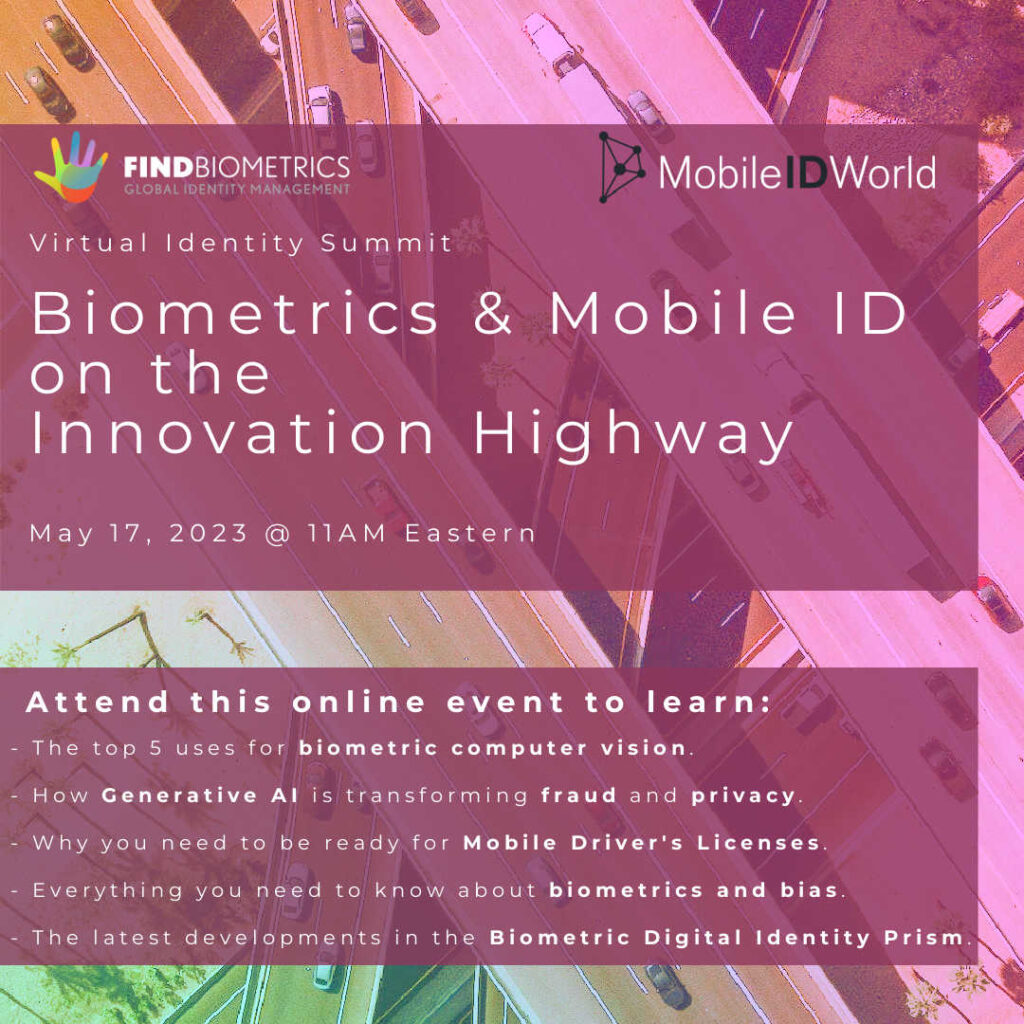The island nation of Papua New Guinea has launched a “Digital ID Block” that will form the infrastructural foundation of a coming digital identity service for citizens.
In a statement, the country’s Department of Information and Communications Technology (DICT) explained that the Digital ID Block will provide a centralized system for the management of digital identities, including identity verification and authentication.
“The implementation of a Digital ID Block aims to streamline access to digital services, enhance data security, reduce fraud, and improve the overall user experience,” explained DICT Secretary Steven Matainaho. “It also fosters interoperability, enabling seamless integration with various government and private sector services.”
The project is still in its early stages, with the DICT embarking on initial consultation meetings with stakeholders in the private and public sectors. Secretary Matainaho explained that the Digital ID Block will “ideally” operate based on the country’s National Identification database, and said that his agency has the mandate to facilitate identity verification services thanks to the Digital Government Act, a piece of legislation passed last year.
In laying the foundation for a digital identity program, Papua New Guinea demonstrates the potential for even a smaller country – its population numbers under 10 million – to pursue digital ID technology. In so doing, it is echoing work underway in neighboring Australia, where the state of New South Wales has embarked upon pilots of a new mobile ID system that provides participants with a virtual version of physical identity document.
Source: Papua New Guinea Department of Information and Communications Technology


Follow Us